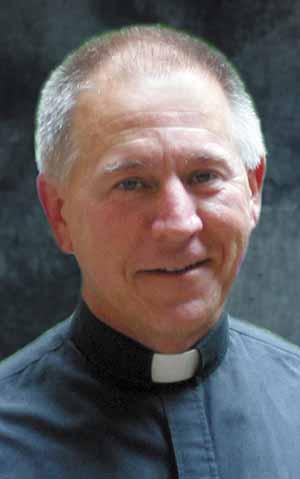
Now that it looks like we will enjoy a white Christmas, we can turn our attention to making the feast day a little more “green.”
As this article is being prepared, the world’s political leaders are meeting in Copenhagen to discuss plans to curb greenhouse gas emissions. Simultaneously, the Senate is discussing climate change legislation, with bi-partisan support. Around the world businesses are collaborating with environmental organizations to reduce our carbon footprint. So, what can you do this Christmas to support this surge?
According to a recent Washington Post article, you should not do anything. As the author puts it: “there’s one simple step Americans can take to help out: Stop “going green.” Just stop it. December should be national Green-Free Month … Stop searching online for recycled gift wrapping paper and sustainably farmed Christmas trees …” (Mike Tidwell, Washington Post, Dec. 6). It isn’t that Tidwell denies the irrefutable fact of global warming, but he thinks individual action is a diversion from the only genuinely effective approach — legislative action.
He has a point. Legislation must be taken to draw us back from the precipice. But that doesn’t mean your Christmas tree shouldn’t be green (a better choice, by the way, is a live tree). Professor Michael Vandenberg of Harvard University and co-author of “Household Actions can Provide a Behavioral Wedge to Rapidly Reduce U.S. Carbon Emissions” points out that “Household behavior in the U.S. makes up about 8 percent of the world share of greenhouse gas emissions. It’s larger than any country other than China … That’s equivalent to the total emissions of France. It’s also equivalent to the combined emissions of the petroleum refining, iron and steel and aluminum industries combined.
“One of the largest problems that we face is getting over the presumption that people have that individual behavior or household behavior doesn’t matter. But when you aggregate it across 300 million individuals and 100 million households, it has a very large impact on total U.S. greenhouse gas emissions” (“How Consumers Can Affect Climate Change” All Things Considered, NPR, Dec. 8, 2009).
Wow: your choices can make for a greener Christmas. The students in my Environmental Ethics class produced a number of ideas, such as creating homemade presents, giving “gift coupons” for services like snow shoveling, grass mowing or floor mopping, using the Sunday comics pages for wrapping paper, using more efficient (and fewer) strings of Christmas lights, baking or cooking your presents, spending time with people, and, get this, not doing presents at all.
Seriously? Some economists tell us to “stop saving and start spending if you want to save the economy” (iStockanalyst.com/
The News-Sentinel (Fort Wayne, In.) editorial, Nov. 30). Twenty percent of annual consumer spending happens between Black Friday and White Christmas, meaning that the average household should spend more than $600 this Christmas season (the calculations are mine, and could be off, but we get the point). So, could the economy survive a present-free Christmas? I guess not, but why has it fallen to Christian consumers to “save the economy” during our annual celebration of the Birth of the Savior? Isn’t that very odd? Something has gone awry. As long as Advent is seen to begin on “Black Friday” and to be interpreted as the harbinger of economic salvation or doom, then Christ — and Christians — have not yet won hearts and souls. What do we want our children to think is the meaning of this season of grace? Are we saved by what we spend?
Perhaps a more frugal holiday might engender a richer holy day, putting us in the barn with the poor Christ and so more readily contemplating his utterly sacrificial gift of the Incarnation. This Christmas, being “green” is not just environmental, it is reverential, and while consuming less might not save the economy, it might help save creation and, coincidentally, put us closer into harmony with its creator and Savior.
(Father Bud Grant is an assistant professor of theology at St. Ambrose University in Davenport.)








